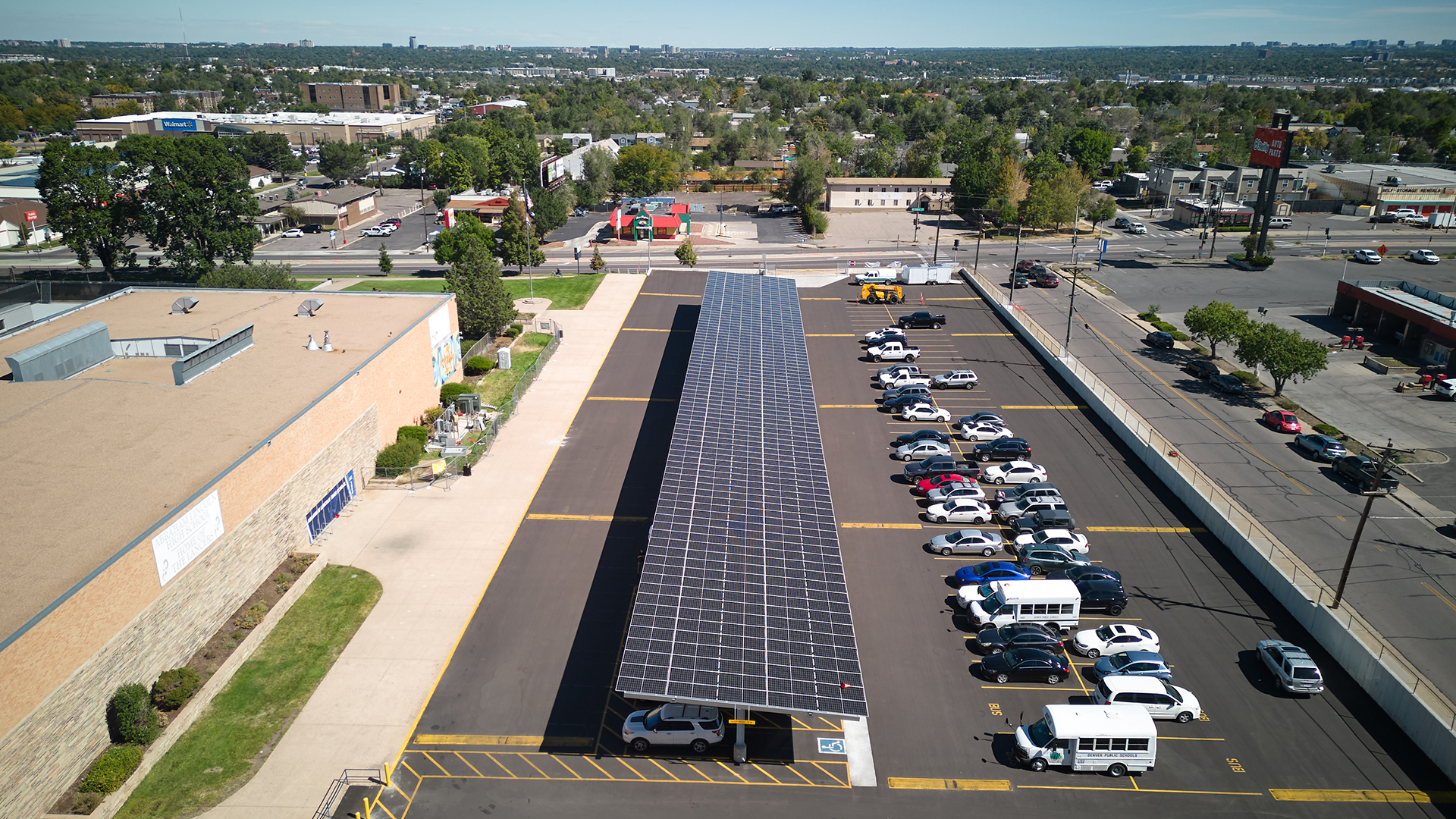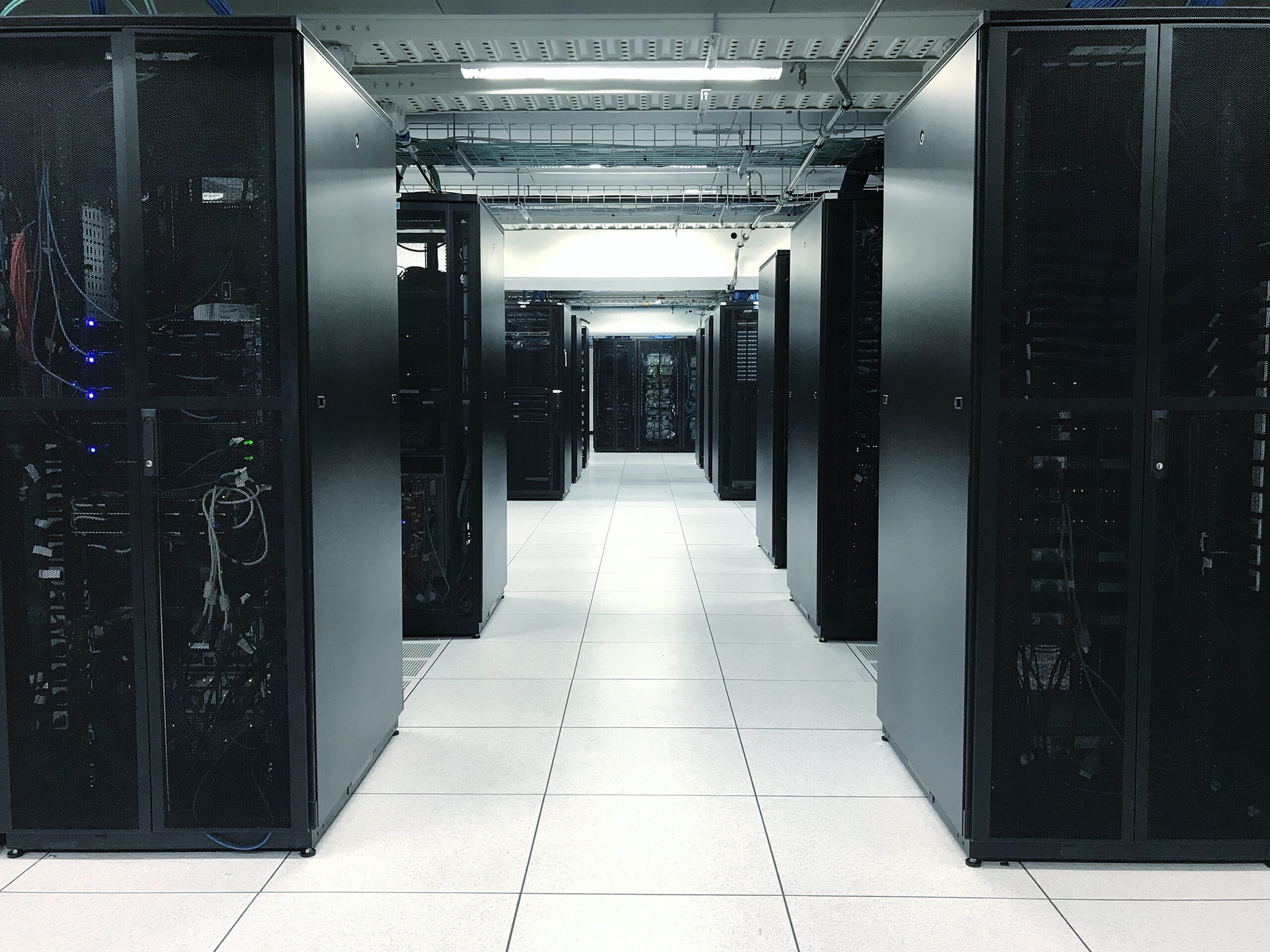Unlocking the Promise of Connected and Intelligent Buildings
The promise of smart buildings is lagging. To address the affordability and climate crises head on, our industry must unlock new approaches to deliver connected and intelligent buildings.
Better System Planning
High costs and the inability to achieve system interoperability impede smart building progress. Effective low-voltage system design and delivery are critical in advancing that progress. A typical building contains 15 or more low-voltage systems spanning lighting controls, security systems, access cards, audiovisual, distributed antenna systems and more. Each is delivered and serviced through overlapping specialty contractors and channels. This disaggregation leads to:
High costs: Expensive brand-name components, high-margin requirements and inefficient installation practices add layers of markup and unnecessary costs. Building owners often don’t notice this issue because the fragmented approach has long been the industry norm. Even when aware, they don’t know how to fix it. In the end, the high cost of low-voltage systems is simply accepted.
Low building performance: Low-voltage systems—like the nerves of a building—collect data for analysis and action. When the overall system is impaired or broken, it’s impossible to optimize the collect-analyze-act cycle. This may result in excessive energy costs and decreased occupant productivity and wellness.
The Future of Building Technologies
McKinstry is pioneering new approaches to organize low-voltage system design, procurement and delivery to make them more affordable and useful. Our efforts are already driving tangible savings, including a 15% savings across low-voltage systems within our latest Regional Health Partnership innovation hub developed in Spokane.
Integrating Smart Buildings into Smart Grids
Limited visibility isolates utilities from the buildings they serve. We must open the door for buildings and campuses to become active participants in grid optimization. This truth led McKinstry to launch Edo through a partnership with Avista, one of the Northwest’s largest and most innovative utilities.
More Technology. More Complexity.
Buildings have historically operated with little more than a fire alarm, local lighting control, MSTP mechanical controls and a few end-user systems like card readers, televisions and speakers. But as new building technologies have emerged, the design and implementation of these systems has grown more complex. Power over ethernet (PoE), private LTE, LoRa mesh, synthetic sensors and others have further complicated matters and led to rapid and significant growth in the deployment of sensors, cables and controllers. These trends have re-enforced industry silos and leave owners exposed to greater financial and performance risk.
Introducing the Edosystem
Edo is enabling grid-integrated buildings that allow utilities, buildings and energy assets to adapt to rapid load and demand changes. The company is introducing new technologies and operating practices to unlock datasets that allow buildings and utilities to communicate across the meter. The result drives substantial energy and emission reductions by evolving buildings into resources that serve the grid by strategically shifting or reducing consumption during peak times.
A New Generation of Building Solutions
Overcast Innovations is focused on addressing the waste and inefficiency in the built environment through the application of manufactured, plug-and-play integrated ceiling systems. Our Cloud integrated ceiling appliance delivers greater certainty of space performance while significantly reducing material and labor installation costs.
Overcast appliances can be connected and reconnected with minimal effort and skill, making it easy to reconfigure spaces based on utilization without going through costly retrofits. The savings Overcast provides is achieved by integrating devices on a shared chassis, a reduction of materials and onsite work, a more efficient supply chain and by selling appliances direct to the building owner as an owner-furnished-contractor-installed (OFCI) piece of equipment.
Explore Other Insights

Denver Community Solar Garden: Abraham Lincoln High School
The City and County of Denver recently unveiled its new community solar garden in partnership with Denver Public Scho…

Key Considerations for Implementing Liquid Cooling in Dat…
As data centers face increasing demands for energy efficiency, performance, and sustainability, liquid cooling has em…

Seattle’s Iconic Skyline: A Look From the Top of the Spac…
One of the most photographed and recognized structures in the world, the Space Needle was built as a cultural centerp…